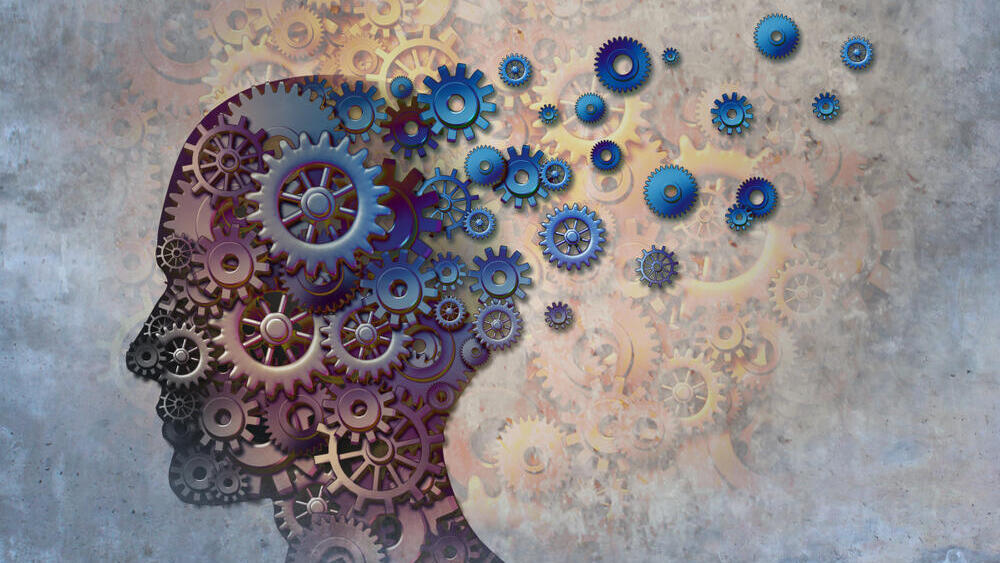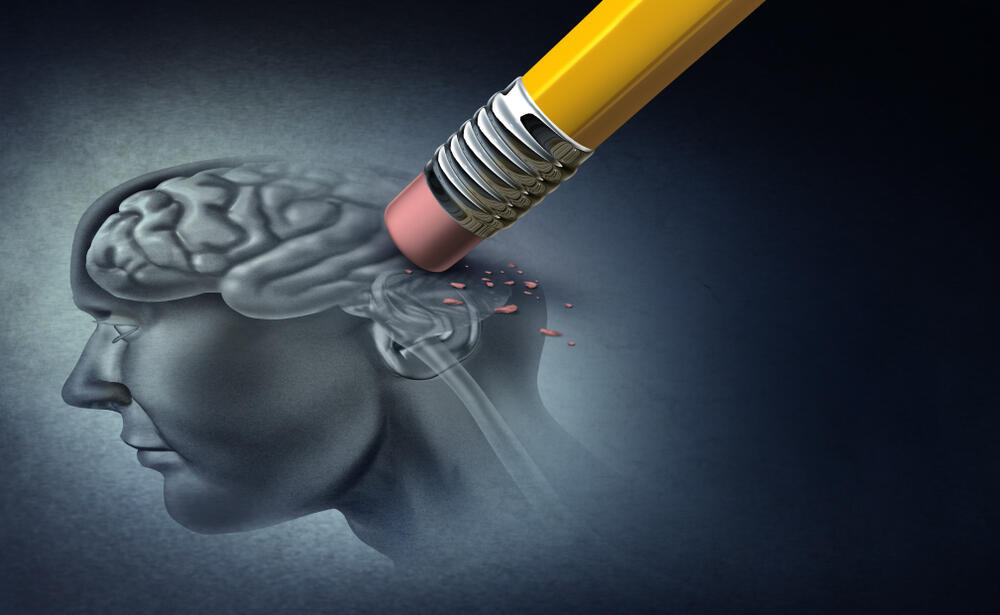Alzheimer's is a slow-developing disease that initially presents symptoms that can sometimes be attributed to other factors, such as stress or life pressures. In Israel, there are 120,000 Alzheimer's patients, with 6,500 of them under the age of 65.
Read more:
Dr. Shahar Shelly, the head of the Neuromuscular Diseases Unit at Rambam Health Care Campus and the leader of the Neuroimmunology Lab at the Technion will shed light on this intimidating disease and explain its complexities.
2 View gallery


There are 120,000 Alzheimer's patients, with 6,500 of them under the age of 65
(Photo: Shutterstock)
What are the early warning signs?
There are differences between Alzheimer's symptoms in older adults and younger individuals. The classic sign of Alzheimer's is short-term memory impairment. This means a person may forget where they are going but can still recall people from their youth. Long-term memory is preserved initially. There's difficulty with spatial orientation, not understanding which direction to go, or even getting lost. Another expression is linguistic difficulty. Patients may explain things as if they were five-year-olds, pointing at objects on the table instead of using their names.
What is the difference between Alzheimer's in younger individuals under the age of 60 and Alzheimer's in the elderly?
Alzheimer's in younger individuals is typically considered to occur under the age of 65. In such cases, due to younger individuals having a higher threshold or quantity of neurons compared to older adults, there are often many emotional system-related impairments. These can include emotional lability and, specifically, short-term memory impairments.
So, are these changes related to mood?
Certainly, mood changes are one of the signs, especially in younger individuals. There can be alterations in personality, shifts in moods, and difficulties in expression, such as in stressful situations. Many times, these individuals are initially diagnosed with mental health conditions, only to later realize that a degenerative process is also underway.
How is it diagnosed?
Diagnosis involves blood tests and PET CT scans.
Is there a way to slow down or prevent Alzheimer's development?
Keeping the brain active on an ongoing basis is essential. Attending enrichment courses, learning new languages, solving puzzles, reading books—anything that engages the brain. Additionally, it's always advisable to try and manage stress levels and, of course, maintain a balance in blood sugar and blood pressure levels.
So, it's about trying to maintain a healthy lifestyle as much as possible?
Absolutely. A healthy diet, a healthy lifestyle, positive thinking, healthy and normal relationships, and sufficient sleep hours – all of these aspects contribute to our well-being, both mentally and physically.
First published: 23:43, 09.05.23


